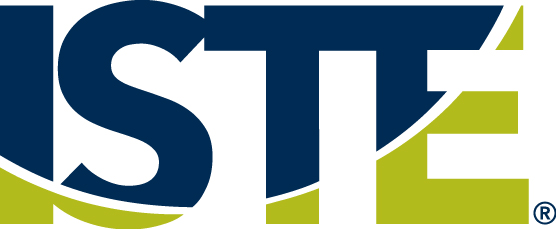The International Society for Technology in Education is one of the leading organizations developing effective academic methodologies.
It offers more than a dozen standards of teaching, learning, coaching, and administrating the educational process. Experts from DoMyHomework have outlined the most important ISTE standards for students and teachers in this article to help readers improve their skills and qualifications.

ISTE standards for students
Even a highly qualified professor cannot turn learners into good specialists if they are not receptive to knowledge. Each student’s individual efforts are no less important than a well-planned curriculum and favorable educational conditions.
Here are the roles which should help young people conquer academic heights:
First: Empowered learner. A person should set goals and achieve them, demonstrate competency in disciplines studied, be active and teach-savvy, understand how innovations may be applied for solving common problems. After receiving feedback from teachers, one should correct mistakes and customize a learning environment to ensure better results.
Second: Digital citizen. It is not enough for modern students to read textbooks and write essays. They should also use web recourses for educational purposes, know the rules of safe, legal and ethical online behavior, understand who can access their personal information and how it may be used, how to protect themselves from scammers and hackers.
Third: Knowledge constructor. We live in the informatization era when flows of digitized content are poured on us here and there, and it is impossible to track world events relying on traditional approaches.
Young specialists cannot blindly believe everything they see and hear. It is important to have well-developed critical thinking, distinguish between trustworthy and unreliable facts found on the Internet, avoid misunderstanding and deception.
Students should learn about relevance and bias, know what criteria reliable data meets and how to find it.
Fourth: Innovative designer. A learner should be able to analyze and solve problems, not be afraid of obstacles, seek the best ways out of challenging situations, revise and improve previously compiled strategies.
Fifth: Computational thinker. ISTE experts believe that young people should apply the latest technologies to rise the speed and effectivity of problem-solving, automatize routine, step-by-step processes, be able to collect and analyze large data volumes, build algorithms, split global goals into smaller tasks to understand challenging issues more profoundly, distinguish cause and effect connections, and represent conclusions made.
Efficiency is crucial because it may help a person to build a brilliant career on the modern labor market. Students understanding the value of this quality are more likely to become successful.
Sixth: Creative communicator. Since the modern world seems to a vast sea with information, young people should know how to impart their ideas to surrounding people by using innovative tools.
ISTE specialists drag attention to digital media as an effective and popular channel. Students should use it not only for entertainment but also pursuing academic goals, understand full potential of web communication, create attractive visualizations for their projects, take advantage of different simulations and models, determine niche audience which may be interested in a content published.
This standard is rather open-ended because everyone can use digital media in the most suitable way to reach like-minded people.
Seventh: Global collaborator. A student should have teamwork skills, see one’s ideas from other people’s standpoint, strive to organize group activities so that everyone’s needs are satisfied, participants exchange experience and contribute to common goals.
ISTE standards for teachers
Here are the key roles of a good educator:
Learner. It is impossible to teach if a person is not able to learn, move along the way of constant self-improvement, track innovations in one’s professional field. As the scientific world advances, educators should advance as well, impart relevant knowledge to students.
Leader. Teachers should seek ways to improve their classrooms, introduce the latest educational tools, use digitized content, encourage interest for progress and positive changes, lead learners to the better future.
Citizen. The schools’ task is to educate not only specialists but also responsible citizens, instill high moral values, such as empathy, tolerance, and love for the motherland.
As for online space, teachers should show how to use the possibilities of the Internet effectively, safely, and ethically. An educator should become a role model of intelligent, decent behavior rather than simply give recommendations.
Collaborator. Teachers should exchange experience on professional forums and meetings, apply acquired knowledge in a classroom, solve challenging tasks jointly with students, strengthen interpersonal relationships.
Designer. An educator should be able to compile comprehensive and balanced curricula on one’s discipline.
Facilitator. It is important to encourage learners’ efforts and creativity, allow them to make independent choices and strengthen critical thinking.
Analyst. Effective grading systems help professors to summarize students’ knowledge and understand what should be done to improve academic indicators.
